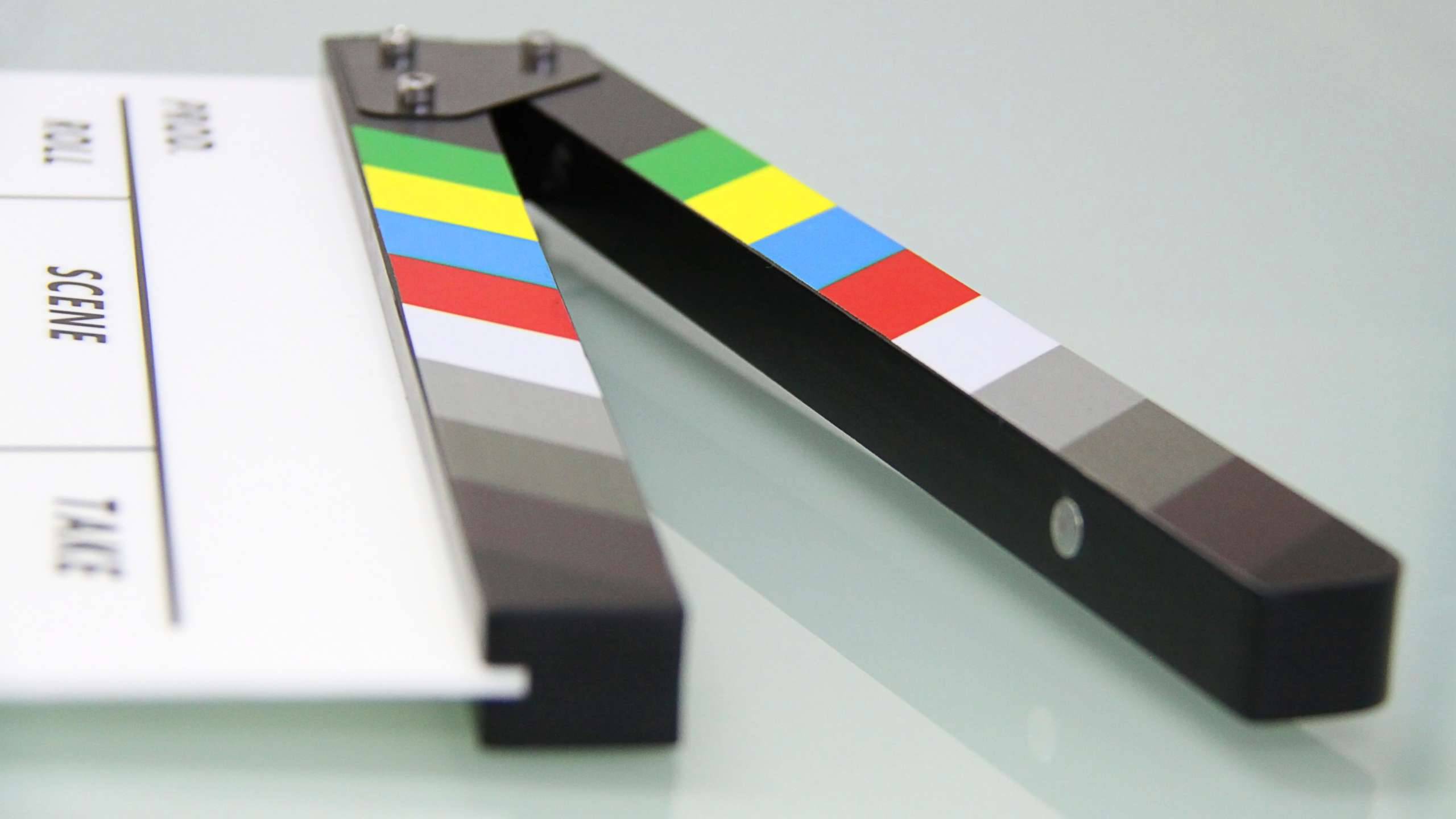In our post last week, we discussed about the art of machinima, i.e. the use of visuals from a video game to create a cinematographic film. As machinima is a derivative work, using the characters and the environment from the game without the authorization of the game developers would usually constitute an act of infringement. However, many of the creators of machinima, or machinimators, rely on the fair use provisions in the event that a copyright infringement claim is brought against them. This week, we shall try to analyse and distinguish between the nature of acts relating to machinima that would amount to infringement and those that would constitute fair use.
Before we delve into the legality of machinima, it is interesting to note that there are some game developers who encourage the creation of machinima, viewing them as means for promotion of the game itself. Microsoft and Blizzard, are a few examples of such developers, who contain a ‘Machinima Policy’ in their End User License Agreements (EULAs) which grants the user a general license to create machinima and make it available online, subject to certain limitations that may include restrictions on the sale and commercial exploitation of the machinima created.
As stated earlier, the creation of machinima, being a derivative work, requires the authorization from the copyright owners. Though many game developers permit the creation of machinima, such authorizations come with boundaries. One such limitation is the restriction on commercial exploitation of the machinima, which is included in most of the EULAs. Therefore, the commercial exploitation of the machinima created without the authorization of the copyright owners is a sure case of copyright infringement which most game developers do not take lightly. Hence, if a machinimator wants to commercially exploit the machinima that he has created, he may have to enter into individual license agreements with the game developers.
Another instance of copyright infringement that commonly arises in relation to machinima is the use of music in the machinima without authorization of the copyright owners. There are a lot of instances in the created machinima where the characters of the game can be seen performing a song /music. Machinimators usually ignore the rights of the authors of such music and end up committing copyright infringement.
Can machinima be brought under the fair use doctrine? It may be difficult to arrive at a general consensus. Though machinima is usually created as a parody, as in the case of the popular Red v/s Blue series by Rooster Teeth based on Microsoft’s Halo, that falls within fair use, each instance of creation and use of machinima would have to be analysed on a case to case basis based on the four factors governing fair use, namely:
- the purpose and character of the use, including whether such use is of a commercial nature or is for non-profit educational purposes;
- the nature of the copyrighted work;
- the amount and substantiality of the portion used in relation to the copyrighted work as a whole; and
- the effect of the use upon the potential market or value of the copyrighted work.
That being said, the lack of jurisprudence on this specific topic makes the judicial approach towards machinima unpredictable.
To be on the safer side, it is advisable to follow the EULAs and to refrain from the commercial exploitation of the machinima.
Authored by Thomas Joseph
Contributed by Entertainment Lawyer Group of BananaIP
For any further information on entertainment law in India, write to [email protected]



